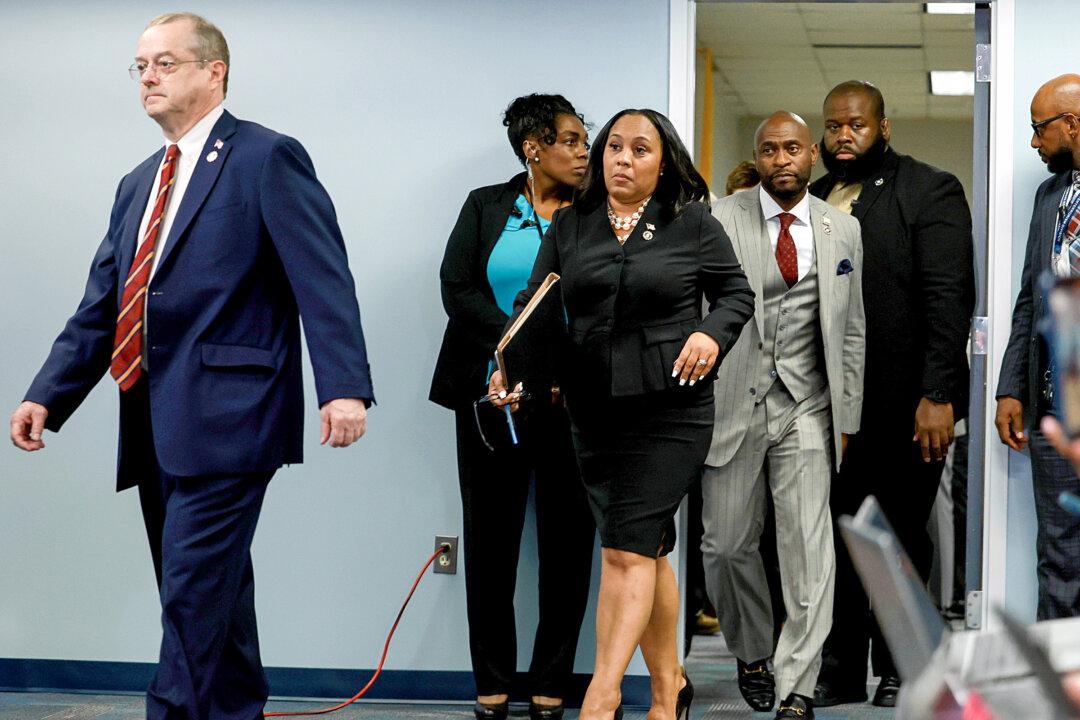Former President Donald Trump has filed an appeal against the decision not to disqualify Fulton County District Attorney Fani Willis, in the Georgia Court of Appeals on June 24. The district attorney has 20 days to file a response.
“The trial court failed to accurately apply the forensic misconduct standard and thereby abused its discretion,” reads the 64-page appeal brief made public by the former president’s attorney, Steve Sadow, who argues that the trial court erred in several ways. Eight co-defendants joined the appeal.





